 For Ruston, Louisiana, native Ralph Garr, Grambling State’s campus was practically part of his large family’s backyard, making it natural for Mr. Garr to become a proud Tiger alum. Even better for Mr. Garr, he came of age at a time when Grambling legends – university president Ralph Waldo Emerson “Prez” Jones and football coach Eddie Robinson – were exerting their influence in so many ways, including as head baseball coach and athletics director, respectively.
For Ruston, Louisiana, native Ralph Garr, Grambling State’s campus was practically part of his large family’s backyard, making it natural for Mr. Garr to become a proud Tiger alum. Even better for Mr. Garr, he came of age at a time when Grambling legends – university president Ralph Waldo Emerson “Prez” Jones and football coach Eddie Robinson – were exerting their influence in so many ways, including as head baseball coach and athletics director, respectively.
For Mr. Garr and his teammates, a college education extended from the classroom as a result of daily interactions with these men of distinction.
In Mr. Garr’s senior season, 1967, Grambling turned in an otherworldly performance, a 35-1 record in the regular season and a runner-up finish at the NAIA World Series in St. Joseph, Missouri. Individually, the stellar second baseman posted a mind-boggling batting average, though no one can agree on the exact number. Some report it at .585, others slightly lower. Wherever it landed, the batting average was record-setting.
Mr. Garr debuted with the Atlanta Braves in 1968, a time in which he formed lifelong bonds with Dusty Baker, Hank Aaron and so many others. His banner year came in 1974 when he earned an All-Star appearance and won the National League batting title with a .353 average. That season, Mr. Garr set a record that still stands by collecting 149 hits before the All-Start break. Mr. Garr flashed tremendous speed throughout his career, but his stolen base numbers with the Atlanta Braves don’t reflect the full reality. Then again, as Mr. Garr has said, when you have Hank Aaron hitting behind you, you don’t need to steal too many bases to score.
 Mr. Garr spent 10 seasons with the Atlanta Braves, Chicago White Sox and California Angels before joining the Braves as a scout, thanks in part to his good friend, Hank Aaron.
Mr. Garr spent 10 seasons with the Atlanta Braves, Chicago White Sox and California Angels before joining the Braves as a scout, thanks in part to his good friend, Hank Aaron.
Among his many accomplishments, Mr. Garr is a member of the Braves Hall of Fame and the National College Baseball Hall of Fame.
Mr. Garr remains an active scout, now in his 41st year with the Braves, and he had just wrapped up his work at the SWAC Tournament with Hank Aaron, Jr., when he took some time to visit with Black College Nines writer Douglas Malan.
You grew up only a few miles from Grambling, but how did you get there?
I didn’t have a scholarship coming out of high school. It was a Little League baseball coach named Wilbert Ellis who enabled me to get up to Grambling. He later became the head coach at Grambling, one of the legends. You know he’s got the baseball field named after him, him and President Jones. They had three other kids that were good players on the team and they were bigger than I was, a little stronger than I was, but Coach Ellis brought me up to Grambling with them to work out. Prez told Coach Ellis he thought I was too little, thought I might get hurt. I was probably 5-10 and 160, 165 pounds.
Well, Coach Ellis also had a summer team that would go up there and play against the college team to give them practice. So he took me up there and we played them that summer (1963) and I think I had three hits that day against that college pitching. And Prez said, “Who is that little boy?” And Coach Ellis said, “Prez, I brought him up here earlier and you said he was too little.”
I’d graduated from high school and Prez had me come to Grambling on a work aid program that summer. You would come to Grambling and try out for the baseball team and you would work. And if you didn’t make the baseball team you would earn enough money in the summer to enroll in the university.
So Prez said, “Well, get that kid to come up here.” And Coach Ellis brought me up there the next day. Prez was coming to the baseball field and Coach Ellis had me with him. Prez said, “What’s his name?” Coach Ellis said, “His name is Ralph Garr.” Prez said, “He oughta be a good ballplayer if his name is Ralph.” And I said, “Yessir.”
I went out there and worked every day. Anybody I worked for at the school, they would get up that next day looking for me. If you told me to do something, I was going to do my best at it. I was on the yard crew and every morning they’d come looking for me. They were all nice to me.
I worked that summer and earned enough money to enroll in school. When the summer was over, Prez sent me down to Coach Eddie Robinson, the athletics director. I went down to Coach Robinson’s office and he gave me some papers, told me to get my mother and father to sign them and bring them back to him. I took the papers to my mom and dad, brought them back and I was granted a scholarship to the college.
Had you been playing baseball your whole life to that point?
Oh, yeah. I’d been playing Little League with Coach Ellis and I always could hit. Then there was another man who ran a semi-pro team. His name was Curtis Mayfield. They used to let me play with the older guys and that’s one of the things that helped me a lot. And Curtis Mayfield would say, “I’m gonna let him bat. And if you hit him, I’ll kill you.” (laughing) Curtis Mayfield, a good a man as ever broke a piece of bread. He was good to me. I’ve really been blessed. Thank God. I wasn’t short of love. Some things we didn’t have much of, but love wasn’t one of them. We all loved one another and cared about one another and helped one another.
Those years at Grambling, the mid to late 1960s, your roster was loaded and made the NAIA World Series a couple times.
 We were a game away from winning that thing a time or two. It was so much talent. Well, all the good players would want to come to Grambling because Grambling was known. President Jones had boys sitting on the bench that would be starters on other teams…seven, eight, nine or 10 guys, not two or three. They always had some good ballplayers, always wanted to come and play for President Jones. I was just lucky to be one of those guys.
We were a game away from winning that thing a time or two. It was so much talent. Well, all the good players would want to come to Grambling because Grambling was known. President Jones had boys sitting on the bench that would be starters on other teams…seven, eight, nine or 10 guys, not two or three. They always had some good ballplayers, always wanted to come and play for President Jones. I was just lucky to be one of those guys.
And back then, before integration, Grambling got all the ballplayers just about. Grambling put more boys in professional football than any team in the country.
In that 1967 season, your team goes 35-1 and you hit pretty much 1.000 for the year. Things really came together that season.
(laughing) It was outstanding.

1967 GRAMBLING COLLEGE Featuring Ralph Garr (top row third from right, “Prez” Jones (top row far right) and Wilbert Ellis (top row far left).
We played mainly HBCUs, like Jackson State, Southern University. They had some good players, too. We’d play Wiley College and played all the black colleges in that area. Prairie View, Texas Southern, Alcorn, Mississippi Valley, all of them were in that league. They’re still in that league today. Hank Aaron’s son and I just finished covering the SWAC tournament.
And you get to the NAIA World Series in St. Joe, Missouri, and start playing against all-white teams.
That’s when we played against other guys. That’s what really sold Grambling baseball because we played against those white boys, you know what I’m saying, and we held our own against them. It was unreal.
One thing about a guy, if he wants to win the championship, he don’t care what color you are if you can help him win. That’s one thing about this game. Look at it now. They don’t care what color you are if you help them win a World Series. They don’t care where you come from.
They might treat you bad in Mississippi but when it comes to winning that World Series, they want you to be ready to play that game. It’s always been like that when you’re talented and you’re a good athlete. They treat athletes different than they do a regular citizen, which is wrong but that’s the way of life, you know?
President Jones was so well-respected. He would have us take classes (on social etiquette). When we went there, President Jones had us prepared. And we didn’t have rabbit ears, you know what I’m saying? Except for maybe one or two people, the people accepted us and they were glad to have us there because we drew people. When we played, you couldn’t get a seat.
What type of style did you like to play?
Well…we just liked to hit, run, throw and field. That’s all we did. President Jones had us prepared. He did a tremendous job as a baseball coach.
What was President Jones like?
He was like an Army general that everybody respected. When he said something, boy, it carried a long way. Whatever he said, that was it. It wasn’t a whole lot of who shot John and woulda, coulda, shoulda when he said something. He was a gift from God for Grambling and our country as an upstanding citizen. He was remarkable. He used to go down to Baton Rouge (to the state capitol building) and he’d always get something to help Grambling.
You were on campus at the same time as Prez Jones and Eddie Robinson. Those are two iconic leaders.
Iconic leaders! You say they were iconic, they were iconic to us, too. You didn’t play around. You didn’t cross President Jones. You didn’t cross Eddie Robinson. No, you didn’t want to get on the bad side of neither one of them in no kinda way. You couldn’t win so you stayed away from it. That wasn’t all bad at all. It sure did turn you into a man.
Are there any specific games at Grambling that stand out to you?
I remember that same year – 1967. I think Southern University was 23-0 when they came into Grambling, and they all came in with bald heads. And I think we were 23-0. When Southern left, they were 23-3 and we were 26-0. (laughing) Boy, let me tell you! That was rough for them. That was unreal. Boy, that was the highlight of my life. Southern University, they had some baseball players, too, son. Lou Brock came through there and they’ve had some tremendous players come through there.
What was the atmosphere like at the ballpark for that series?
Oh man, you couldn’t get in there! You couldn’t get no seat, man, they was lined up around that ballpark! That was BASEBALL, man, baseball!
Do you still keep in touch with some of your teammates?
All of ‘em! We’re just like brothers. I love Grambling. I just went by and picked up my (football) season tickets yesterday. I’m Grambling to the bone!
Do you still spend time on campus?
 Do I? DO I!? Man…Grambling is everything to me. We got a new president (Rick Gallot). He’s unreal. He’s done a tremendous job. He was born and raised there and made things better for everybody. He has really built that school and campus up. We’re so respected everywhere now and he’s doing a tremendous job. I’m right in there with him. I’m a member of The Grambling Legends club and we have a banquet when we induct guys from football, baseball and basketball into the Hall of Fame there. I’m a big supporter of that, too.
Do I? DO I!? Man…Grambling is everything to me. We got a new president (Rick Gallot). He’s unreal. He’s done a tremendous job. He was born and raised there and made things better for everybody. He has really built that school and campus up. We’re so respected everywhere now and he’s doing a tremendous job. I’m right in there with him. I’m a member of The Grambling Legends club and we have a banquet when we induct guys from football, baseball and basketball into the Hall of Fame there. I’m a big supporter of that, too.
How do the baseball facilities compare now?
They’ve been helping with the baseball facilities, too. I try to help them as much as I can. They do a good job with our baseball facilities.
I bet the baseball facilities were in good shape when you were in school.
Oh, well you know President Jones was the baseball coach, so come on. President Jones came out there on the field, man, it was like cutting your hair. If something wasn’t right and he said it, it was right the next morning.
You went on to have a great career in the majors, making friends with Dusty Baker, Hank Aaron…
Oh, man. I got to spend time with Pete Rose and Rod Carew and those kind of guys. Special friends, special friends. I try to holler at all them.
You’ve been scouting with the Braves for 41 years now, and I gotta ask you: Have you found anybody as good as you?
 Well, the Braves have some pretty good players, boy. It has changed now. You used to just go find kids and sign them. Now you find them and you have to wait for the draft to get them. So we’re getting ready for the draft next month. My wife (Ruby, married since 1968) and I will go to New York and prepare for the draft for 2019. I’ve been going for the last eight or 10 years. I’m always there representing the Braves at the draft in New York.
Well, the Braves have some pretty good players, boy. It has changed now. You used to just go find kids and sign them. Now you find them and you have to wait for the draft to get them. So we’re getting ready for the draft next month. My wife (Ruby, married since 1968) and I will go to New York and prepare for the draft for 2019. I’ve been going for the last eight or 10 years. I’m always there representing the Braves at the draft in New York.
Douglas Malan is a journalist and visual artist living in Connecticut. His works include short stories, poetry and books. Among the books Malan has authored includes the children’s book, Let’s Go To The Ballpark!

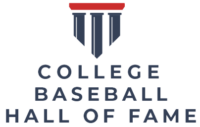
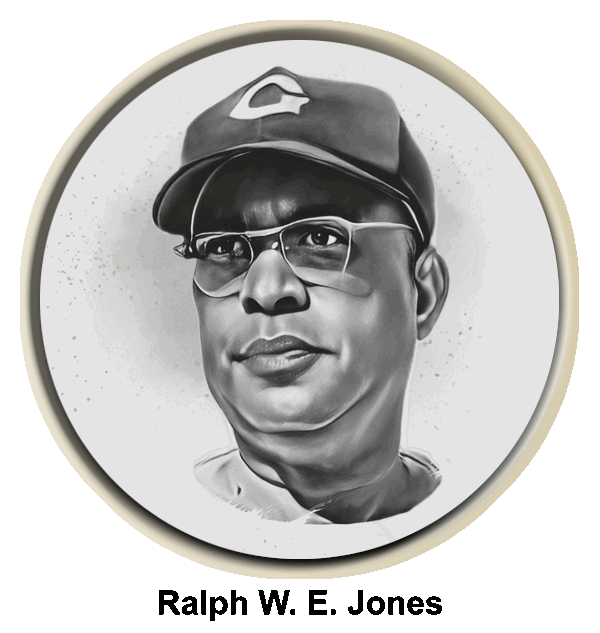






















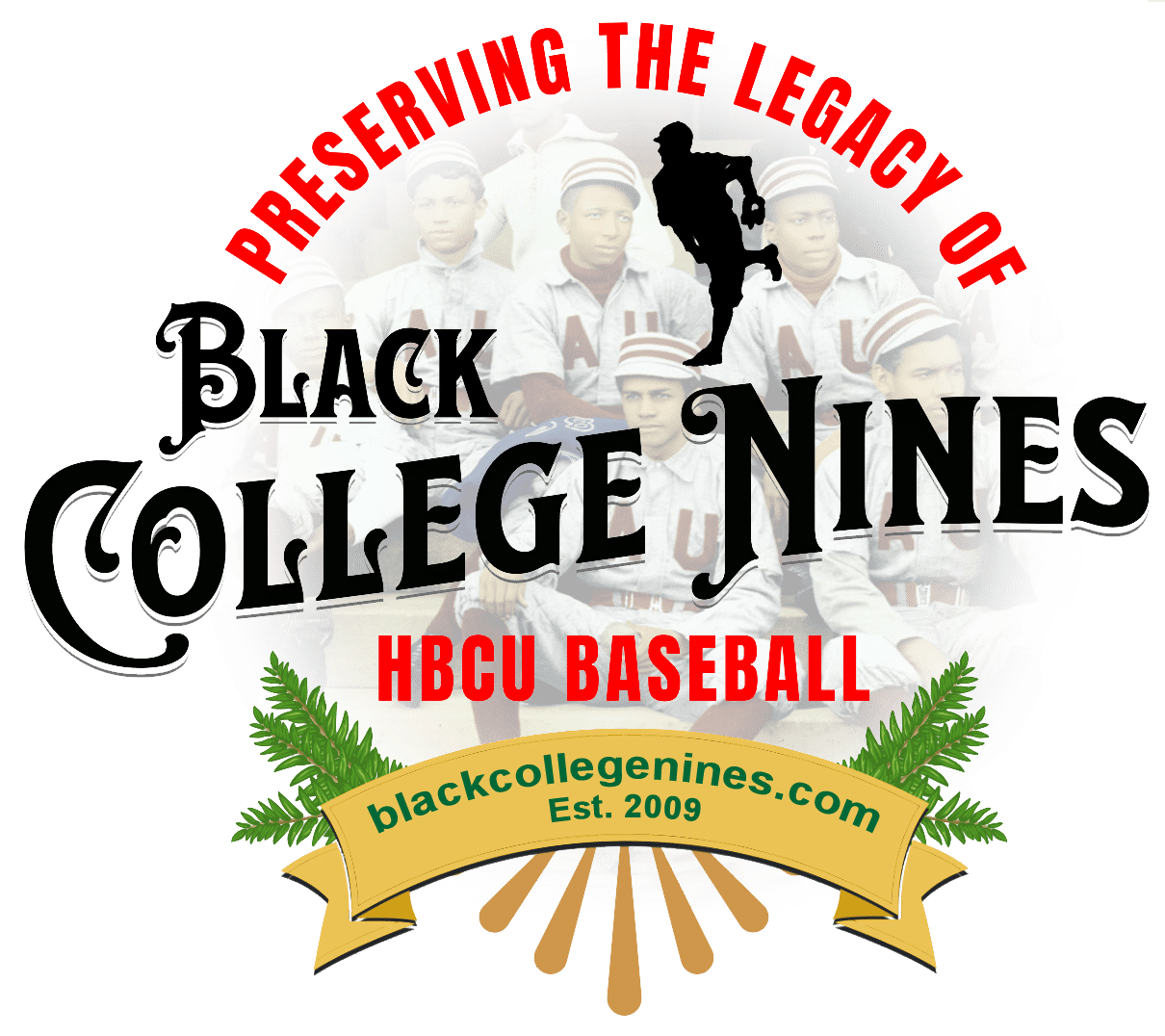







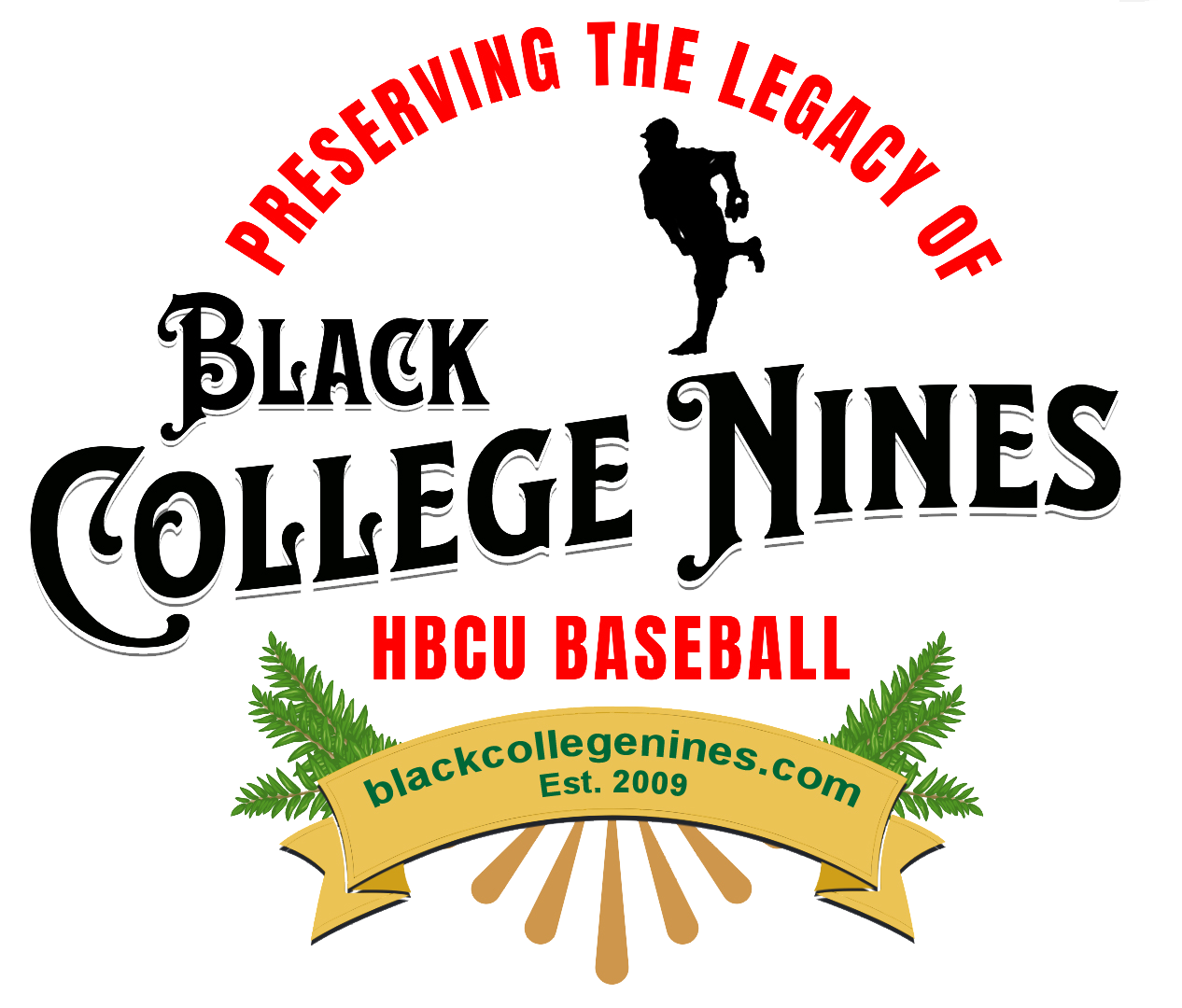
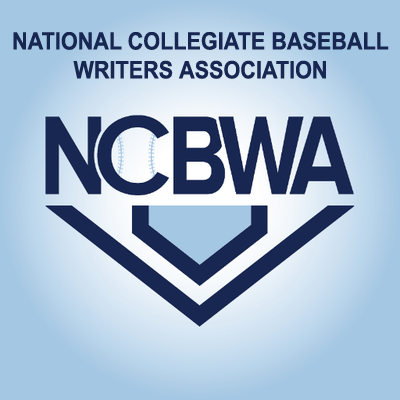
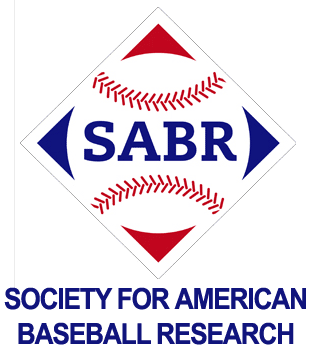
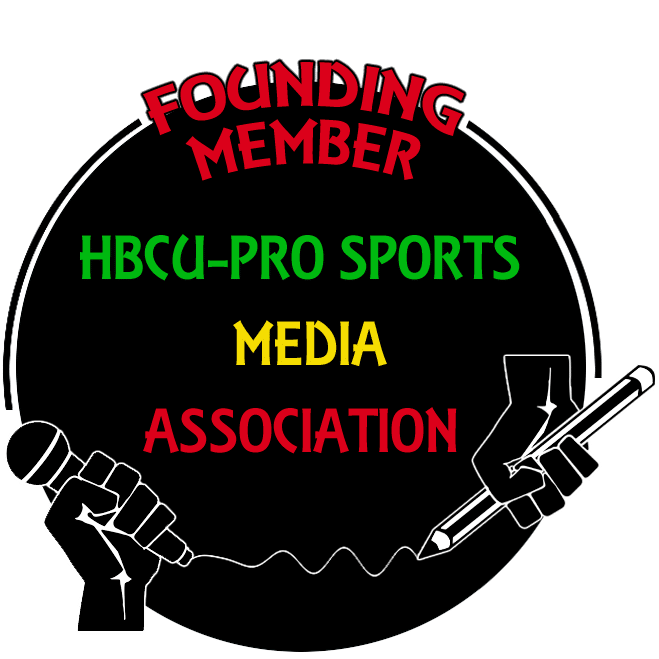

I have been following baseball for close to 50 years and remember Ralph Garr vividly from those days. He could hit and was very fast. Years later, I attended Princeton Theological Seminary and met many students from HBCU schools such as Morehouse College and Howard University. This is an excellent essay and Ralph Garr was a historic MLB player that showed that African American baseball players had real talent and truly belonged in professional baseball.
The hard “gator”…. no one reading this narrative not knowing you; could ever know what you do for baseball, hbcu, kids and black kids. I speak for myself,” you have propel my growth on and off the field. Always answering and returning phone calls. Taking time out- actions speak louder than words” “they Don’t think it be like it is-but it do. R.i.p. Oscar gamble,.candy robertson
Phenomenal piece…
Garr was an early Hero for this Southside Chicago White Six fan!
His stature just grew tenfold in my book.
I loved his style of play and the way he carried himself.
Sap Randall… takes one to know one!
Ralph Garr, what a great Grambling legend.